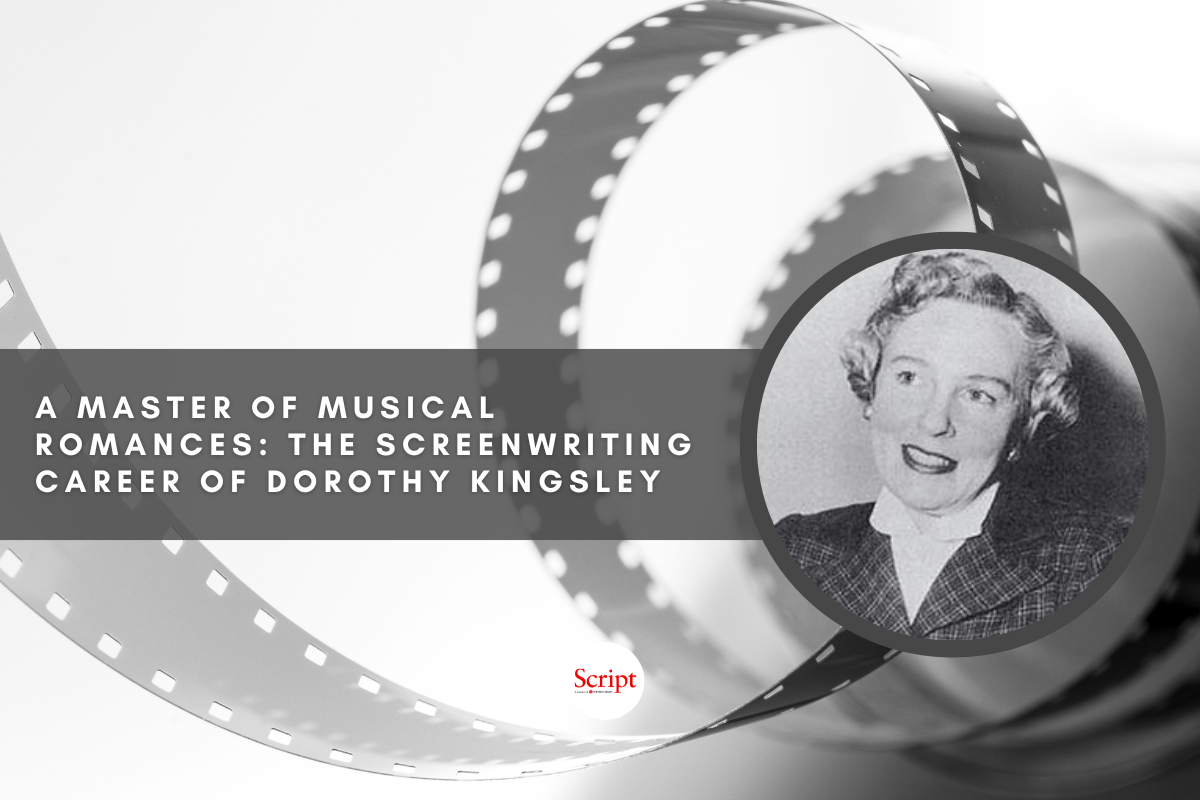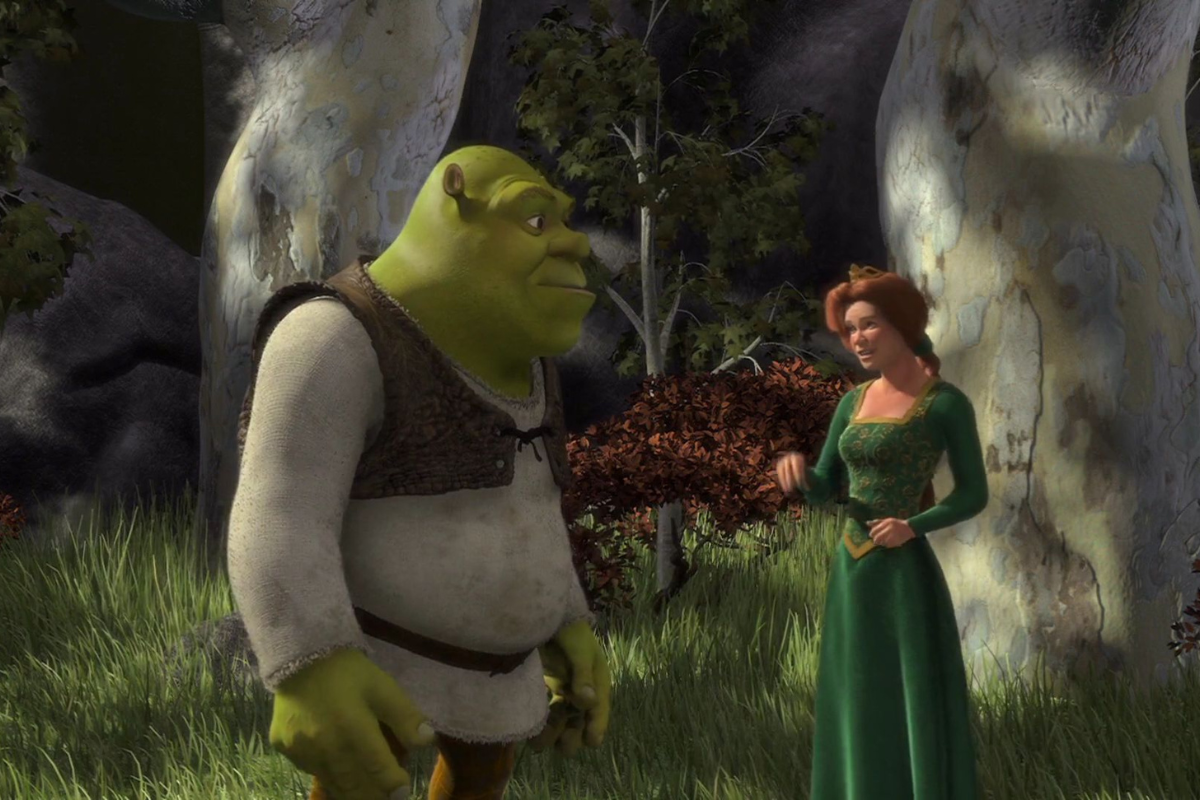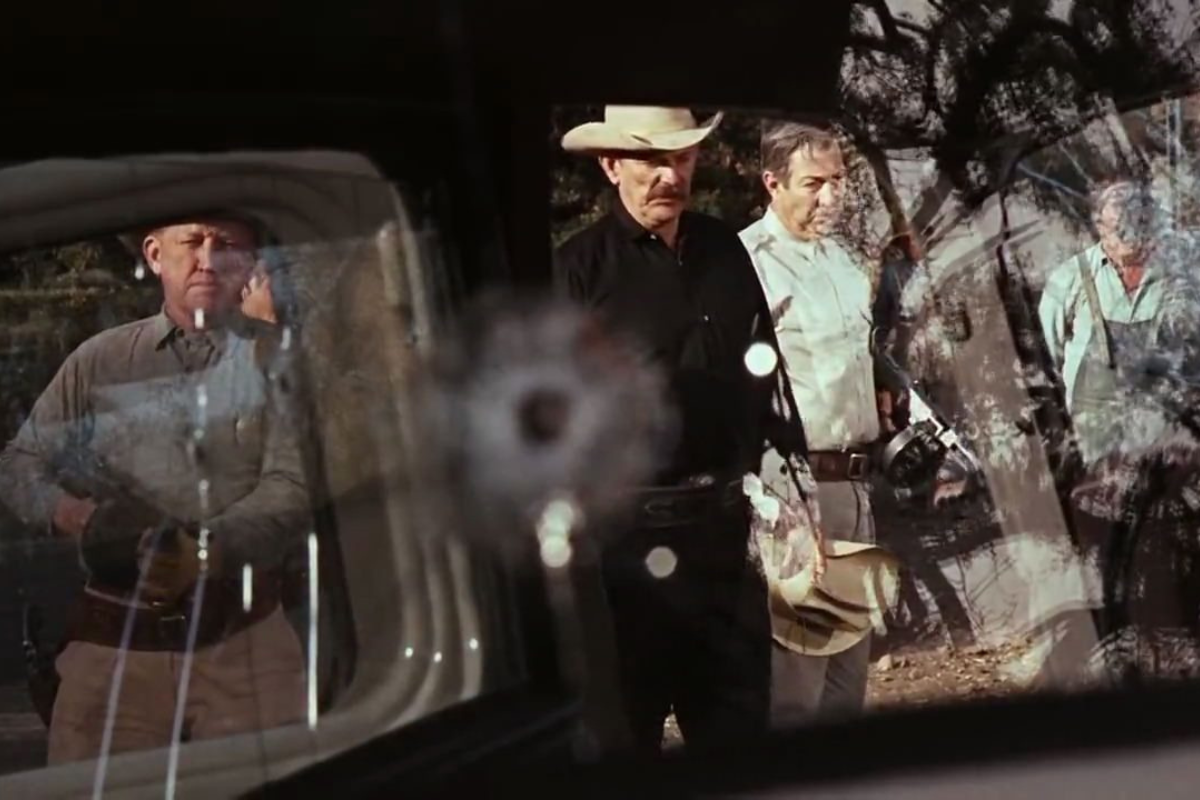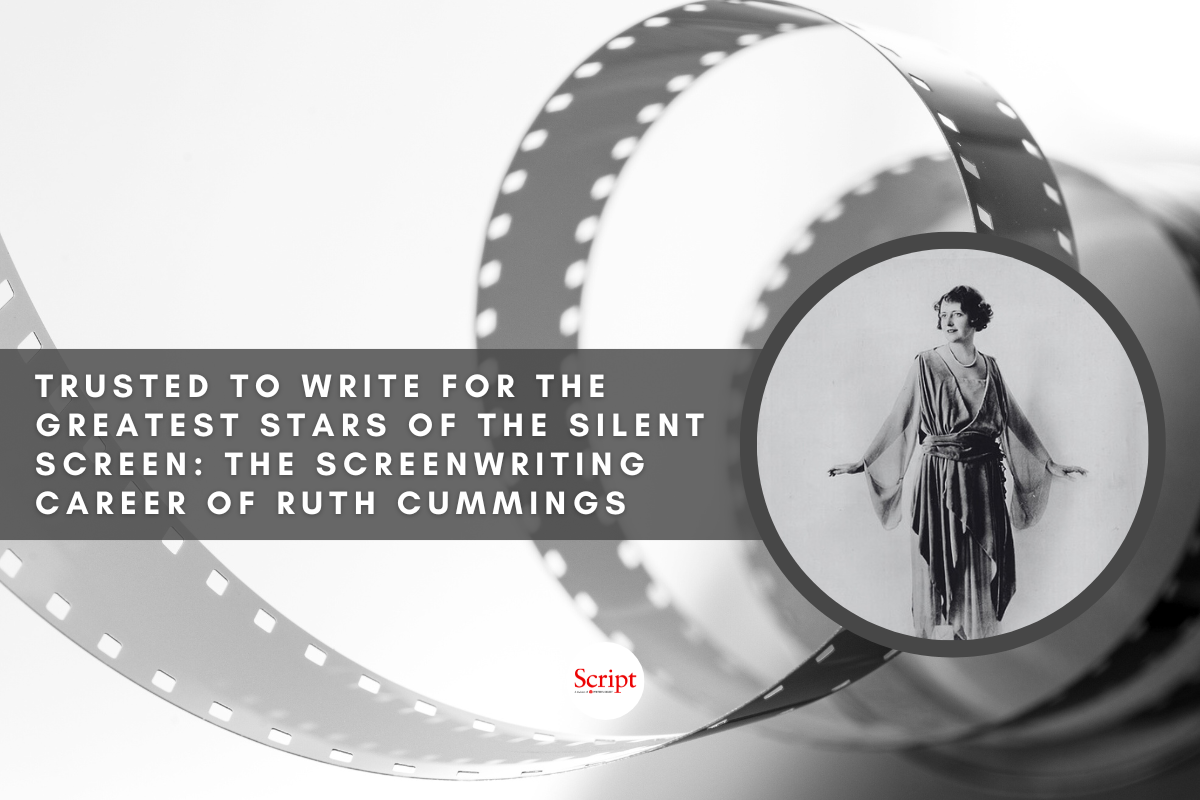Edna Anhalt, Hidden in Her Husband’s Shadow Despite Her Academy Award
Script contributor Dr. Rosanne Welch celebrates the female screenwriters who came before us with this month’s spotlight on prolific and trailblazing Academy Award Winning screenwriter and television writer Edna Anhalt.
To research the writing career of Oscar-winning Edna Anhalt is to be constantly sent to sites detailing her husband’s career with little note about her life outside of that partnership. Edna Thompson was born in New York City in 1914 and married Edward Anhalt in 1935. The dual partnership in marriage and career lasted 20 years. They may have met while enrolled at Columbia University since in 1936 they shared credit on the documentary the Problem Child (1936), produced by the college.
In the Army Air Force First Motion Picture Unit in Culver City during WWII Edward began writing training films for recruits under his own name. Simultaneously, the couple began writing short stories for pulp magazines, using the pseudonym of Andrew Holt for that combined work. On the success of that work “Holt” was hired to write Strange Voyage (1946), known as a "B" picture then for being done fast and under budget with lesser actors attached. Also in 1946, Andrew Holt earned a credit on Avalanche but that only appears on Edward’s IMDB page.
When they took on Bulldog Drummond Strikes Back at Columbia Pictures in 1947, they used their own names. From 1948 through 1950 Edna wrote as a solo on the crime drama/romance, Embraceable You, and the western The Younger Brothers, which covered three men who tried to break off from the gang run by Frank and Jesse James. She also wrote both story and screenplay for The Return of the Frontiersman (1950) and adapted the novel Mountains Are My Kingdom into Sierra (1950).
In that same year, she rejoined Edward to work on Panic in the Streets, about a gang of petty criminals carrying the pneumonic plague. For that, they won the Academy Award for Best Writing, Motion Picture Story (in the days when Story and Screenplay remained separate categories).
That honor led to their being asked to adapt the Carson McCullers' successful play The Member of the Wedding (1952). That year they were again Oscar-nominated story for the psychological police drama The Sniper, about a man who shoots women from rooftops, based on research they did among men who were convicted of violent crimes against women.
Sadly, their next project, adapting the bestselling novel Not as a Stranger (1955) caused professional arguments with producers at Columbia Studios. Those spiraled into marital issues and a divorce in 1956. The last script Edna and Edward worked involved adapting C. S. Forester’s The Gun into the epic, The Pride and the Passion (1957).
After their divorce, Edward worked as a solo writer, earning another Academy Award in 1965 for an adaptation of Beckett. While Edward married four more times, Edna was his first wife and only writing partner. Yet when journalist John Gregory Dunne met Edward while researching his book The Studio he described Anhalt as someone who had won the Academy Award for Panic in the Streets ignoring the fact that Edward shared that honor with Edna. Dunne’s lack of mention of Edna may have demonstrated how her reputation diminished because she had reportedly retired.
Actually, Edna left films for television. In that new medium, Edna wrote episodes for anthologies The Schlitz Playhouse (1957), General Electric Theatre (1958), and The Virginian (1965). Even her IMDB biography lists that “Her writing credits span the years 1947 to 1957” so they also ignore her television work.
If you’d like to learn more about the women highlighted in this column, and about the art of screenwriting while earning your MFA, our low residency Stephens College MFA in TV and Screenwriting is currently accepting applications.
Learn more about the craft and business of screenwriting and television writing from our Script University courses!
Dr. Rosanne Welch, Executive Director of the Stephens College MFA in TV and Screenwriting, has television credits including Beverly Hills 90210, Picket Fences, ABC News/Nightline and Touched by an Angel. Her award-winning publications include When Women Wrote Hollywood and Women in American History (on the ALA list of 2017’s Best Historical Materials). Welch is Book Reviews editor for Journal of Screenwriting; on the Editorial Boards of Written By magazine and California History Journal and gave a 2016 TEDxCPP talk: “The Importance of Having a Female Voice in the Room”.
Find Dr. Rosanne Welch online: Instagram @drrosannewelch | YouTube DrRosanneWelch | Stephens College MFA Twitter @mfascreenwriter







